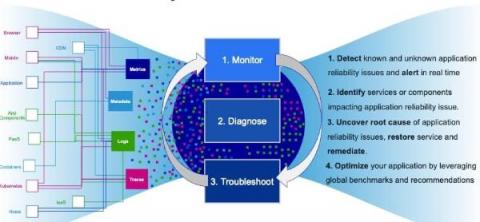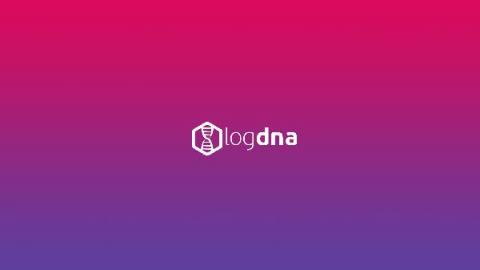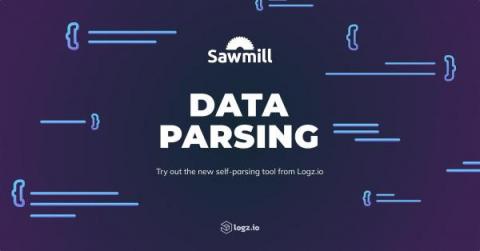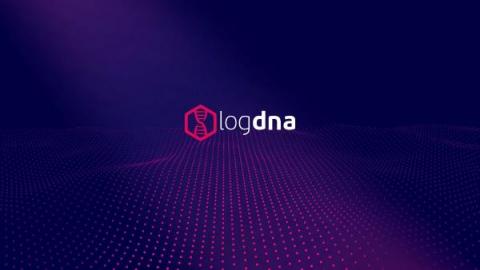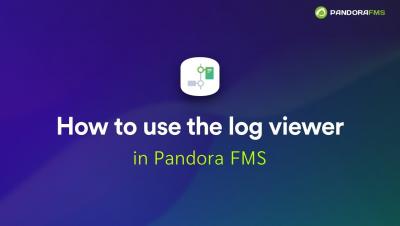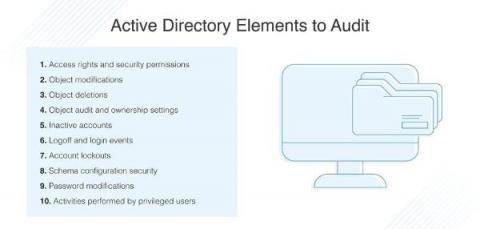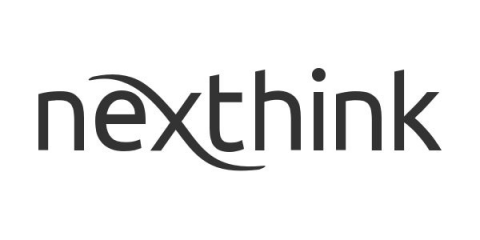Operations | Monitoring | ITSM | DevOps | Cloud
Logging
The latest News and Information on Log Management, Log Analytics and related technologies.
A CISO's Guide to Log Management for Cybersecurity
In today’s highly interconnected worlds, CISOs face a dual challenge: protecting data and reporting to the Board of Directors. Log management has long been a tool in the CISO’s back pocket, helping gain insight into potential security issues. However, the rise of cloud-based infrastructures changes this, making log management increasingly difficult.
IoT Data With LogDNA
Consider the following question: Why do most teams face pressure to rethink traditional logging and observability approaches? Asking this question to most engineers would likely result in answers centered on the challenges posed by microservices apps. Because microservices are more complex than monoliths and involve more moving parts, they require more sophisticated, granular log collection, correlation, and analysis.
Announcing Logz.io's New Data Parsing and Log Transformation Tool
We all know the importance of cataloging, organizing, and breaking down the data in your logs. That process, parsing, makes information easier to find and simplifies subsequent analysis. Now, with Logz.io’s upgraded self-parsing tool, custom parsing rules, and log organization is easier than ever. What’s important is parsing that data out correctly. The better parsed, the easier to query.
Tucker Callaway on the State of the Observability Market
Tucker Callaway is the CEO of LogDNA. He has more than 20 years of experience in enterprise software with an emphasis on developer and DevOps tools. Tucker drives innovation, experimentation, and a culture of collaboration at LogDNA, three ingredients that are essential for the type of growth that we've experienced over the last few years.
5 Examples of Metrics or Log Data That Drives Observability
Which data sources do DevOps teams need in order to achieve observability? At a high level, that’s an easy question to answer. Concepts like the “three pillars of observability”—logs, metrics, and traces—may come to mind. Or, you may think in terms of techniques like the RED Method or Google’s Golden Signals, which are other popular frameworks for defining which types of data teams should collect for monitoring and observability purposes.
How to use the log viewer in Pandora FMS
WordPress Error Logs and Activity Logs
Asia Pacific Firms Need Analytics to Survive the Cloud Era
Many companies in Asia Pacific (APAC) were caught in a digital tailspin when Covid-19 hit, sacrificing security practices in their hurry to adjust to the new reality of remote work. Two years on, hybrid work is still the norm as the pandemic continues and seems to be a new way of life moving forward. Catalyzed by the coronavirus, firms big and small are now adopting cloud technologies as we tread deeper into a new data age.
Open Source Terraform Module: CloudTrail Logs from S3 to Kinesis Data Streams
We are happy to provide an open-source Terraform module enabling automatic delivery of CloudTrail logs from S3 to a Kinesis Data Stream.


